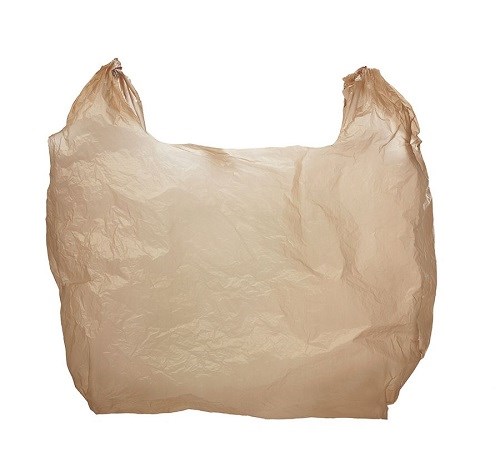New Study Finds Plastic Bag Bans Have Had Reverse Effects
The premise of these laws is to benefit the environment and reduce municipal costs...in practice, the opposite is more likely to be the case.
A new study from the Reason Foundation--a public policy think tank that promotes choice, competition, and a dynamic market economy, assessed the environmental and economic effects of grocery bag bans. The findings may be surprising to the bans’ proponents who claim benefits such as a reduction in litter and other environmental impacts, ranging from resource use to emission of greenhouse gases, to a reduction of municipal costs for litter removal and waste collection.
Using the best data available, “How Green Is That Grocery Bag Ban”, investigated the claims of proponents of such ordinances, which have been passed in about 190 municipalities in the U.S. within the last 15 years, imposing bans, fees and/or taxes on plastic grocery (HDPE) bags. The findings include:
• Such bans have had nearly no impact on the amount of litter generated. In fact, plastic bag litter constitutes only 0.6% of visible litter across the U.S. So, even banning all plastic bags would have little impact on overall litter. Moreover, it accounts for less than 1% of visible litter items in storm drains, so it does not pose a flood threat.
• Plastic bags have had no discernible impact on the amount of plastic in the ocean or on the number of marine animals harmed by debris.
• There is no evidence of a reduction in waste collections costs.
• Some alternative bags appear to be superior to lightweight plastic on some environmental measures, such as use of energy and emissions of greenhouse gases. But that is true only if those bags are reused a sufficient number of times—ranging from six to 30 or more, depending on the bag. In practice, households do not typically reuse their bags enough to achieve those gains. At actual reuse rates, plastic bags result in about half the energy consumption and greenhouse gas emissions of alternative bags.
• There is likely an adverse health effect from people failing to wash bacteria-ridden reusable bags, the use of which may increase as a result of restrictions on the distribution of other bag types.
• The cost of plastic bag bans fall disproportionally on the poor.

Related Content
-
For Extrusion and Injection-Blow Molders, Numerous Upgrades in Machines and Services
Uniloy is revising its machinery lines across the board and strengthening after-sales services in tooling maintenance, spare parts and tech service.
-
US Merchants Makes its Mark in Injection Molding
In less than a decade in injection molding, US Merchants has acquired hundreds of machines spread across facilities in California, Texas, Virginia and Arizona, with even more growth coming.
-
Latest Data on Bottled Water Shows Continued Strong Growth
Bottled water’s volume surpassed soft drinks for the first time in 2016 and has done so every year since.
















